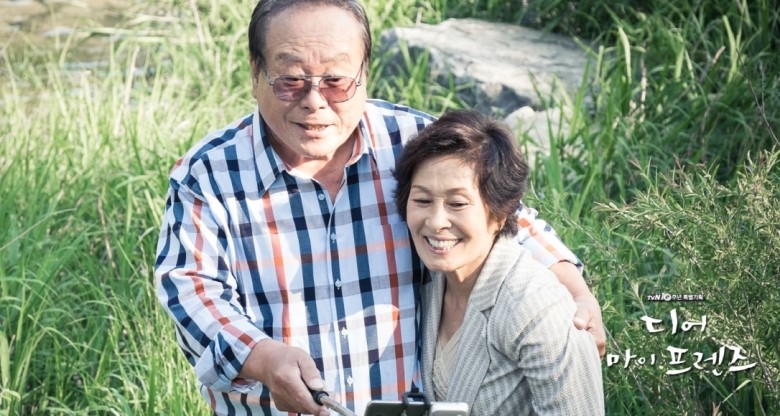
영국 연구팀이 치매에 걸리는(fall victim to it) 과정을 조사한 끝에 내린 결론이다. 연구팀은 치매 증상이 없는(be free of it) 50세 이상(be aged 50 or over) 남성 5475명, 여성 4580명을 대상으로 10년간 관찰을 했다.
반면(on the other hand), 자주 찾아오지 않거나 간혹 집에 들르더라도(drop by once in a while) 속만 썩이고(fret parents’ gizzard) 부아만 돋우는(arouse their anger) 자녀는 반대 효과를 낸다(have the opposite effects). 소외돼 외로운(be isolated and lonely) 노인일수록 발병률이 높다(have a high attack rate). 심한 대인 관계 스트레스의 근원(a source of intense interpersonal stress)이 돼 노인들의 육체적·정신적 건강에 매우 나쁜 영향을 끼친다(have a very negative effect on the physical and mental health of older adults). 치매에 걸릴 가능성을 더 높인다.
치매는 단일 질병(a single disease)이 아니다. 뇌에 손상을 주는 일련의 질환들을 지칭하는 포괄적 용어(an umbrella term for a group of conditions)다. 200종류 이상이 있으며, 가장 흔한 형태(the most common form)가 노인성 치매인 알츠하이머병(Alzheimer’s disease)이다. 뇌세포(brain cell)가 빠르게 죽어가(die off fast) 훨씬 더 극단적인 악화로 이어진다(lead to a far more extreme deterioration). 그런데 자식들의 효도(filial piety)가 중요한 변수(a significant variable) 역할을 한다는 것이다.
“부모에 대한 고마움을 모르는 불효자식을 갖는다는 것은 뱀의 이빨보다도 얼마나 더 날카로운지…(How sharper than a serpent’s tooth it is to have a thankless child).” (셰익스피어 ‘리어왕’)